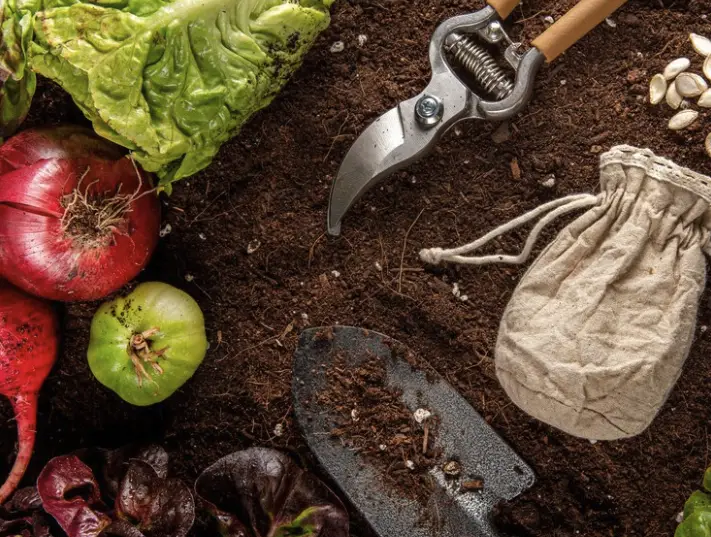What You Need To Know About The Best Fertilizers For Vegetable Gardens

Fertilizing your vegetable garden can seem challenging. Applying too little can hinder plant growth, while over-fertilizing may cause damage. However, with a balanced approach, providing the right nutrients is straightforward. Proper fertilization is crucial for healthy plants, promoting vigorous growth and increased yields.
The right fertilizer boosts yield, improves flavor, and strengthens roots. But not all are the same. Choosing the Best Fertilizer for Vegetable Gardens can make all the difference. In this guide, you will explore the basics of fertilizers, the nutrients your vegetables need, and the proper way to use them.
Types of Fertilizers Suitable for Vegetable Gardens
Fertilizers come in different types: organic, synthetic, and liquid. Organic options are made from natural ingredients like compost or animal manure. They work slowly, but they improve the soil over time. Synthetic ones, made from chemicals, provide a quick nutrient boost. Liquid fertilizers are fast-acting and can be sprayed directly on leaves for quick absorption.
Choose what fits your gardening style. Organic fertilizers nourish the soil long-term. Synthetic ones offer quick results but may deplete the soil over time. Liquid fertilizers can give plants an extra boost when they need it most.
Key Nutrients Vegetables Need for Optimal Growth
Plants thrive on three primary nutrients: nitrogen (N), phosphorus (P), and potassium (K). Nitrogen helps leafy greens grow, phosphorus encourages roots and flowers, and potassium strengthens the plant and boosts fruit production. Many fertilizers have an NPK ratio on the packaging, showing the percentage of each nutrient.
Organic or Synthetic: Which is Better?
Both organic and synthetic fertilizers have advantages. Organic fertilizers are made from natural ingredients and release nutrients slowly, improving the soil structure over time. They are great for long-term health, enriching the soil and feeding beneficial organisms. Synthetic fertilizers, on the other hand, give a quick fix.
Properly Applying Them to Vegetables
Application is key. Spread granular fertilizers evenly over the soil and water them in. If using a liquid option, dilute it according to the label and spray it directly onto the leaves or around the plant base. For vegetables, applying the right amount is crucial. Too much can damage your plants, while too little might not show results.
The Best Options for Different Vegetables
Different vegetables have different needs. Leafy greens need more nitrogen while fruiting vegetables like peppers and tomatoes prefer higher phosphorus. Root crops like carrots or beets benefit from potassium. Pick fertilizers that are tailored to the plants you’re growing. Knowing the right balance helps ensure you’re feeding your garden just what it needs. That way, you’ll have healthier plants and a bigger harvest.
How Expert Gardening Blogs Can Guide You on Choices
Expert gardening blogs offer a treasure of information. They test products, provide advice, and share tips that save you time. From choosing the right type to learning about the best practices, their insights can improve your garden’s health. Relying on expert advice can also prevent common gardening mistakes, leading to a more productive and beautiful garden.
Fertilizing vegetables is essential, but it doesn’t have to be complicated. Choose the Best Fertilizer for Vegetable Gardens, apply it at the right time, and be mindful of your plants’ specific needs. With a little effort, you’ll grow stronger, healthier vegetables that taste better and last longer. Stay informed, follow the basics, and your garden will thrive year after year.
